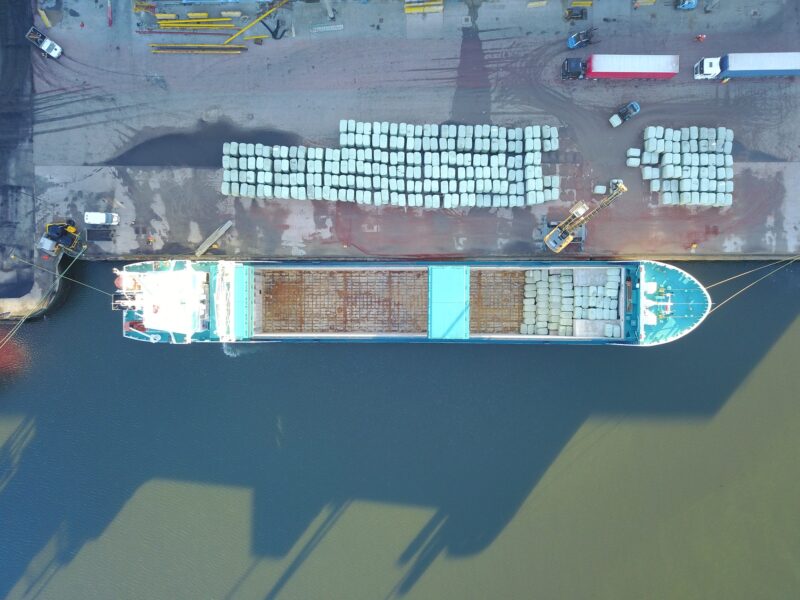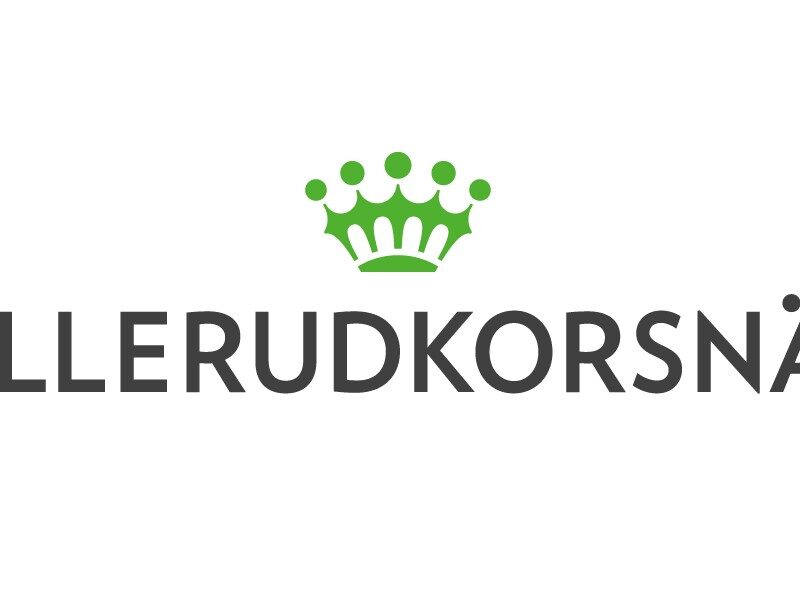RSI launches study with DNV for green fleet renewal in Baltic Sea trade
Responsible Shipping Initiative (RSI), an alliance of Swedish dry bulk charterers, has launched a feasibility study to develop a commercial framework for orders of green newbuilds to decarbonize the sea transport supply chain in the Baltic Sea and beyond.
The six cargo owners that make up the partnership aim to reduce their Scope 3 emissions to meet sustainability targets in response to growing market demands and regulatory reporting requirements on environmental performance across the value chain.
The group comprises agricultural charterer Lantmännen, energy company Stockholm Exergi energy sourcing and logistics company EFO and industrial enterprises Billerud, SSAB and Sweden’s largest forest owners’ association and industry group Södra,
The RSI members sees a strong need for green newbuilds to replace the ageing European shortsea fleet operating in the Baltic and North Sea dry bulk trade. Many of the vessels are expected to reach the end of their economic life in the next five to 10 years. However, the orderbook for new vessels in this segment is still low. This is because there is little economic incentive for shipowners to order newbuilds as existing ships have been paid off and therefore generate good revenue, though they still largely use fossil fuels.
Tackling sea transport ‘inefficiencies’
“Under the current situation, there are inefficiencies due to a lack of collaboration between stakeholders to find optimal sea transport solutions. There are also uncertainties among shipowners about what the market wants and is willing to pay for over the lifetime of a new vessel.,” says DNV Principal Consultant Hannes von Knorring.
Although the RSI members have made big strides in reducing its carbon footprint from land transport, progress has been lagging in shipping, that account for a significant part of its transport needs, according to project manager Sebastian Tamm of EFO, who is also RSI chairman / RSI representative.
The RSI has therefore commissioned the study, supported by R&D funding from the Swedish traffic administration Trafikverket, with the aim of accelerating the energy transition in the regional sea trade by identifying opportunities for green fleet renewal through interaction among cargo owners, shipowners and suppliers.
“This market-driven initiative represents a rare collaboration between stakeholders to share knowledge, define parameters and standards, find common ground and discuss possible synergies to determine what is achievable in relation to future shipping needs,” Tamm says.
“Through an exchange of knowledge and information, shipowners will be able to gain a better understanding of the market’s requirements to make the right newbuild investment decisions,” he adds.
Cost and emissions analysis
The study will analyze the consequences in terms of cost and emissions for each company of introducing new vessels based on two alternative green ship concepts – the so-called ECO-Bulk concept designed to reduce emissions as much as possible while remaining within existing commercial agreements, and ZERO-Bulk concept for zero emissions, which may be expected to require more collaboration and longer commitments between stakeholders.
This analysis will examine concepts based on existing commercial terms for charter type and duration, as well as alternative business models such as collaboration between shipowners and bunker suppliers, and public investment support. It will also factor in new environmental regulations including the EU’s Emissions Trading System for shipping, von Knorring explains.
Under the initial phase of the study, DNV has been mapping each participating company’s current transport routes, cargo volumes, employed vessels and ports to understand logistical and cargo handling requirements and identify routes with the largest potential for green fleet renewal. Specifically, these are routes where it is possible to improve transport and energy efficiency.
Subsequent phases will seek to determine the most suitable transport solutions and green technologies to meet the needs of each company and then lay the groundwork for vessel concepts to potentially be realized
Identifying ship synergies
Tamm says the RSI partners have together with DNV already see a potential for possible synergies, for example, in vessel sizes, supply of alternative fuels and access to shore power, as well as how to utilize vessels more efficiently.
This could give rise to solutions such as standardized vessel technologies and fuels with higher cargo-carrying capacity, says Tamm, who is hopeful that green newbuilds could be realized in the regional trade within the next years.
DNV is drawing on its experience with Norway’s Green Shipping Programme, where more than 20 cargo owners have been through a similar process, leading to realization of new vessels operating on future-proof fuels. DNV is now applying similar tools to the Swedish project, such as route simulation analysis to optimize green routes, according to von Knorring.
He believes the ongoing study, which is attracting interest from the Swedish authorities as well as outside investors, shipping companies and suppliers, could serve as a blueprint for other regions and ship segments to provide a commercial platform for development of green corridors with alternative fuel infrastructure.






